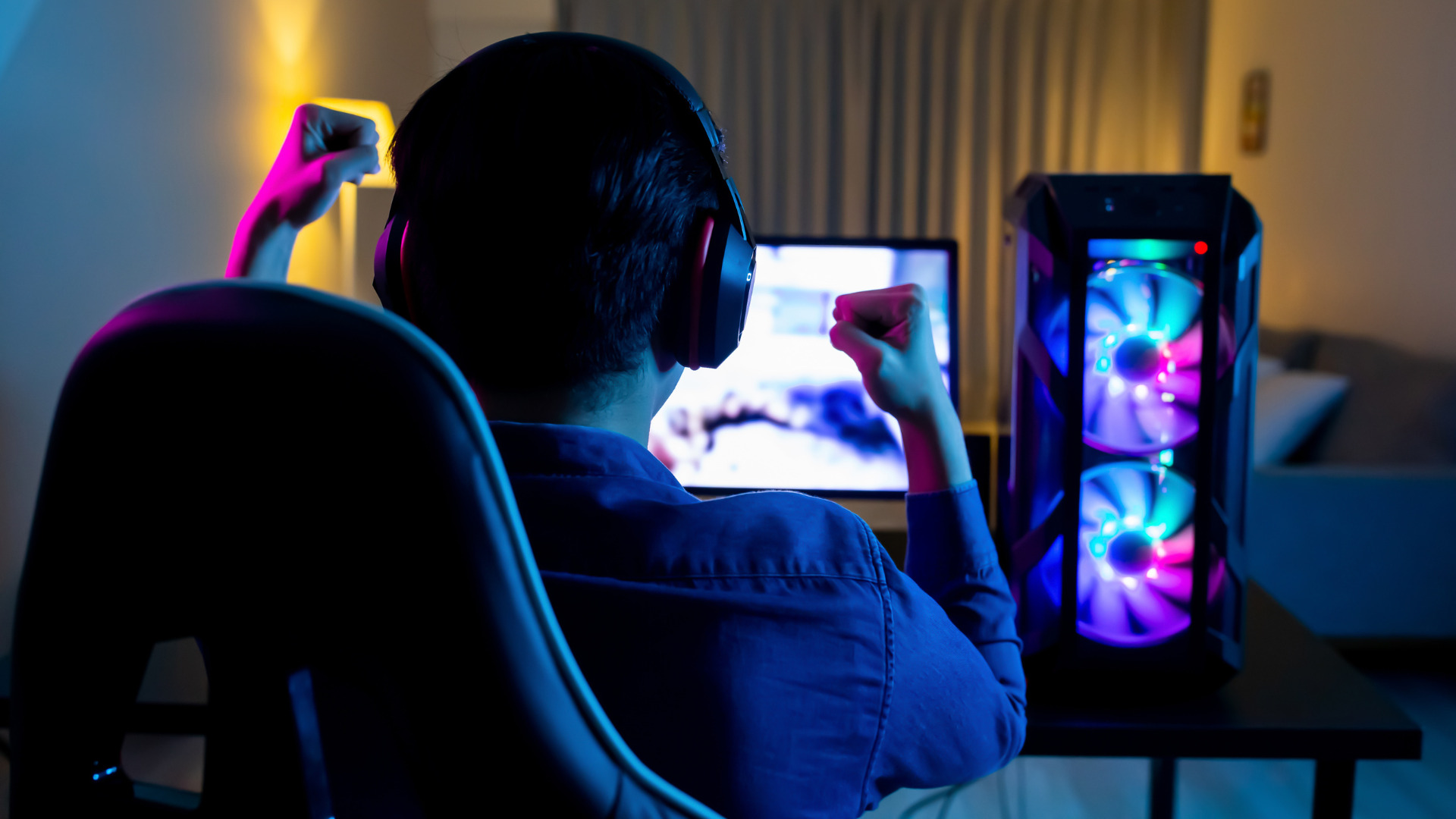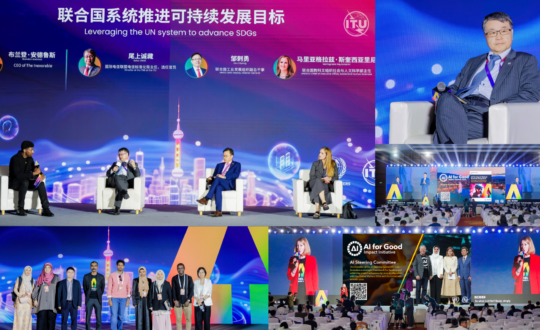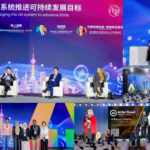Discovering new ways to apply AI/ML in communication networks: Meet the winning teams in the ITU AI/ML in 5G Challenge

- 20 December 2022
Last week on 14 December 2022, the third successful edition of the AI/ML in 5G Challenge was concluded with prize and award announcements for winners of the 2022 edition at the Grand Challenge Finale.
The first place prize (Gold Champion) was scooped by team Avatar from Germany, who participated in the problem statement “Multi Modal Beam Prediction Challenge 2022: Towards Generalization.” The team proposed a camera-based beam prediction aided by GPS.
Second place prize was awarded to team Snowyowl for the problem statement “Graph Neural Networking Challenge 2022: Improving Network Digital Twins through Data-centric AI”. This problem statement is third in series of the Graph Neural Network Challenges contributed by BNN-UPC since the first edition of the Challenge in 2020. The team developed a training dataset of limited size (at most 100 samples with networks of at most 10 nodes) that was used to train a GNN model that scaled to larger networks (50 to 300 nodes) than those seen during training.
Third place was awarded to team TII who participated in the problem statement “Multi Modal Beam Prediction Challenge 2022: Towards Generalization”.
Alongside these main awards, a few other teams were awarded with several other prizes:
Runners up (4th Prize): Euclid and SixG_ISAC
Encouragement award: AA_Vision
Best student award: Innovnet and Xdding
Public Poll prize: Digital Twins
Honorable Mention: Ghost Ducks, MLAP, MLAB-NFP, and TeleAILab
Although we are only in our third year of the Challenge, we are confident enough to say that we have quite an accumulation of solutions. Professor Ahmed Alkhateeb from Arizona State University, announced that “We’re very impressed with the great results of, not just the three teams but actually the five or seven top teams in the competition” and that “I think this really helps in advancing all this machine learning research and what is communication and giving it more and more visibility and momentum”.
Overall, we were able to see a variety of new and innovative solutions that could greatly help out in the use of AI/ML in 5G.
The Challenge also provides a riveting experience for hosts and participants who participate, as mentioned by our Director Chaesub Lee in his opening remarks, “While it is not an easy task to put out a competition of this magnitude, we have seen over the years that the challenge is
producing many positive results and experiences for both hosts and the many participants from around the world.”
Each year, there is a certain kind of debate that sparks the AI community. The Challenge continues to contribute to the ML community by tackling problems at the heart of ML such as data-centric ML problem statements, using multiple modalities to train ML models, Energy consumption of ML models so that we can build energy efficient ML architectures and other ML related techniques such as federated Learning.
As always, the Grand Challenge Finale also featured a special talk by a distinguished speaker, this year being Chansung Park. Chansung Park received his B.S degree in Computer Engineering from Inje University in Korea. He has been with ETRI, the Electronics and Telecommunication Research Institute, as a researcher since 2020 and has also been a Google Developers Expert for Machine Learning and the Google Cloud Platform. He provided a interesting explanation on “Automated semantic segmentation ML pipeline from data to a working app”.
You can watch a replay of the Grand Challenge Finale here or access the github if you are interested in seeing the solutions in detail.
We hope that the Challenge continues to flourish in 2023. Please keep an eye out for updates and news.











